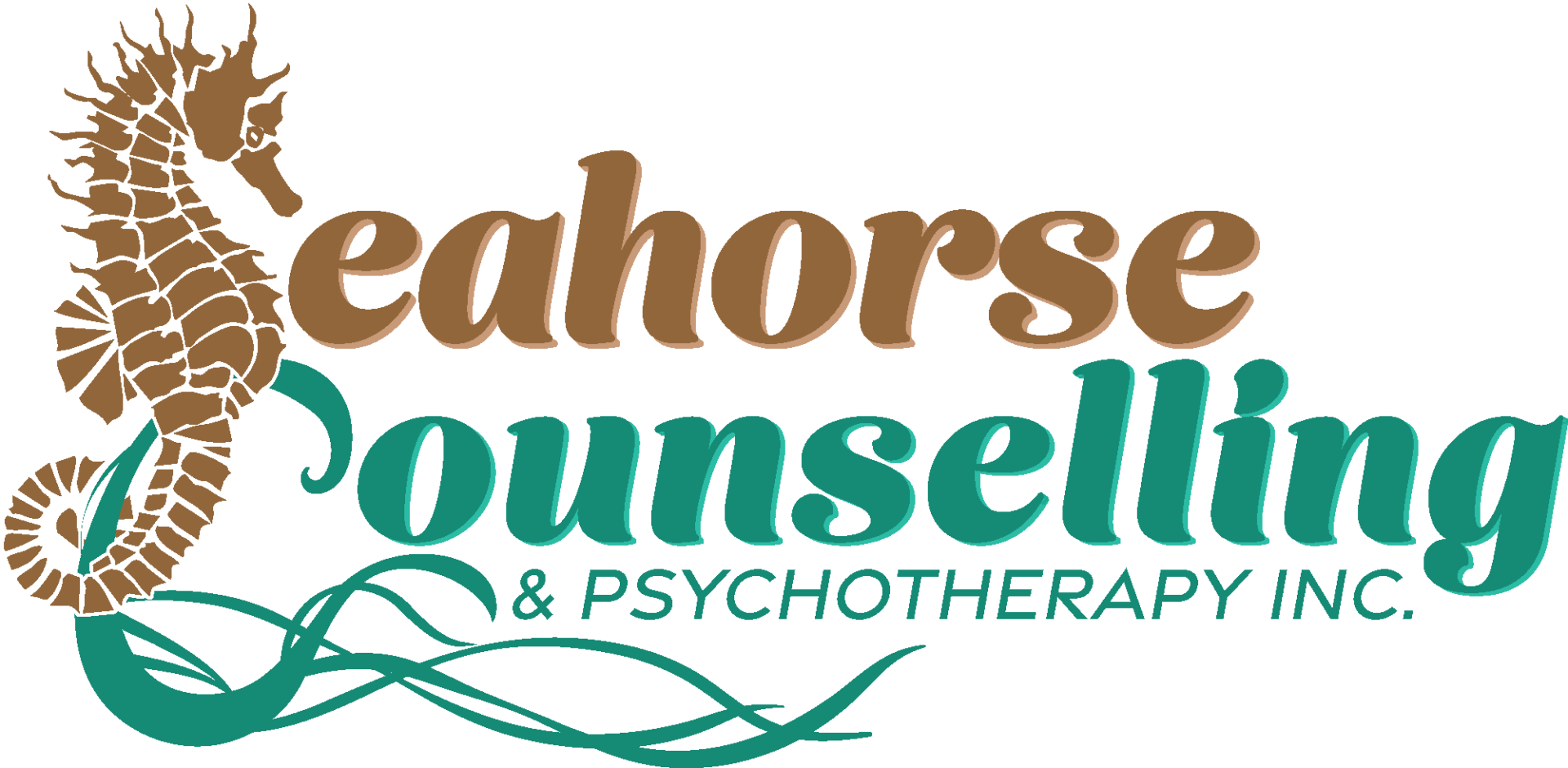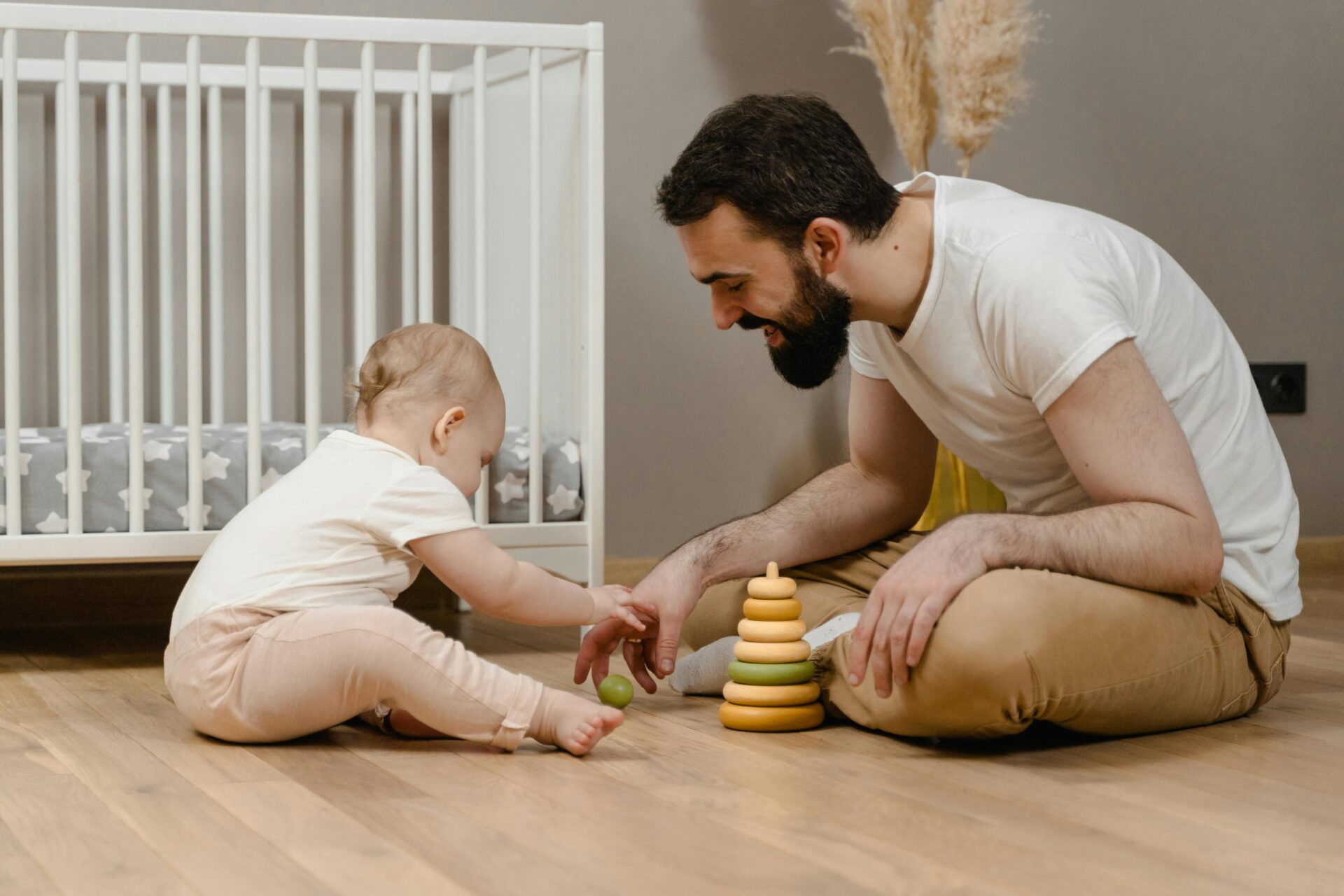Did you know that when we are learning something new, we need to repeat it 400-10,000 times, (depending on the complexity of the task, our age, and other factors). That is what is required to develop the neuro-networks in our brain and have them running smoothly so we can just do the task easily, quickly and without much thought. But here is an amazing fact – if we learn something through play and in connection with others, it only takes about 40 times. There are many companies that acknowledge this and encourage their employees to work in small team to “play” with ideas and see what they come up with. Whether it’s writing a screenplay, developing new software, or creating a new add for a product, these teams are so much better, faster and innovative than an individual trying to figure it out on their own. And they have more fun!
Young children have an advantage in that their brains have not yet gone though the process of neural pruning in which the brain gets rid of neurons and synapses that we’re not using. This begins around age 6 and continues into our adult life. It really is “we use it or lose it.” All their brains need to do is get the existing neurons to connect and once the synapses are firing and neural connections are being made, new concepts, skills, understanding, etc. are happening quickly. That is why kids can learn a new language much easier and faster than their parents.
In therapy, we want to help children to gain insight, broaden their perspective, challenge negative beliefs they hold about themselves or others, build their understanding of social relationships, and develop social problem solving skills. Through all of this, language and communication skills are also growing and they are building self awareness. Play is a natural and effective way to help children who are struggling. Through play, children can safely reenact situations that were confusing, scary, hurtful, shaming…. They can “play out” what happened to see it in a new light and create a more positive outcome. They can also pretend to be another person to better understand their perspective, feelings or motives. Through play, children can work out issues of cause and effect by trying out alternative ways of interacting and see how it might get a better result.
Young children do not have the words or cognitive abilities to talk about their emotional experiences and explain them to adults, but they sure can show us through their play. Play Therapists use two main approaches. Non-Directive Play allows the child to play out what ever situation that’s important to them, while the therapist validates their feelings, helps them explore the issue or relationship, helps them build their understanding of the situation, and supports them in resolving issues and gaining new insight. The therapist may also use Directive Play in which the therapist guides the child’s play using specific techniques to focus on particular issues to help them gain new perspectives, challenges negative beliefs about themselves or others, and promotes new understandings that help resolve the presenting issue.
There are several ways in which expressive play and exploration can take place. Counsellors often use:
- Sand Tray Therapy is a therapeutic approach where clients, young and old, create a scene using miniature figures in a sand tray. This activity provides the therapist with insight into their inner world, which they can then explore, uncovering new insights and resolutions.
- Art Therapy encourages children and adults to express themselves through drawing, painting, or 3-dimensional art to allow for unconscious expression and exploration.
- Role-Playing or Psycho-Drama encourages the children or teens to enact a challenging scenario or social encounter to help them explore their feelings and beliefs, and develop coping strategies. They can also experience what it would be like to be someone different and explore what that would be like, building their understanding of other people’s perspectives or experiences.
- Storytelling can sometimes be facilitated with the use of puppets, stuffies, dolls, or figures such as Play Mobile characters with younger children. Creating stories can help the child identify and understand the conflict, find a way to resolve it and create an ending that meets the child’s needs. Storytelling helps the child work out conflicts, express themselves freely, and gain perspective and understanding about their experiences.
Play therapy allows children to confront their challenges and navigate their emotions in a safe and supportive environment. As they express themselves, they gain understanding of their feelings and needs, work out ways in which they can be heard and understood and find win-win solutions. It helps build those synapses in their brains that will allow them to quickly know what to do in difficult situations. Through play, they can develops social problem solving skills and strategies to avoid or resolve conflict. It increases their confidence, social awareness, self esteem and creates positive beliefs about themselves and others. There are many studies showing that unstructured play can lead to healthier emotional development and social outcomes. And that’s not just for kids – we all do better when we’re having fun and being playful with those we enjoy.






